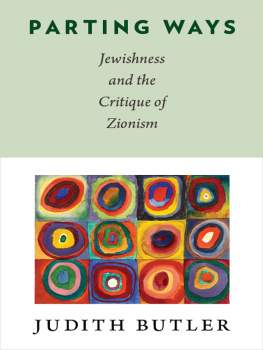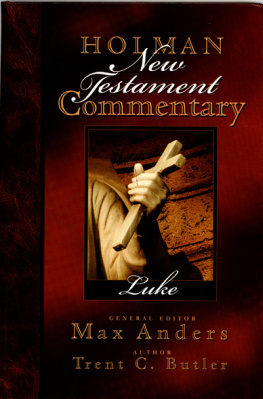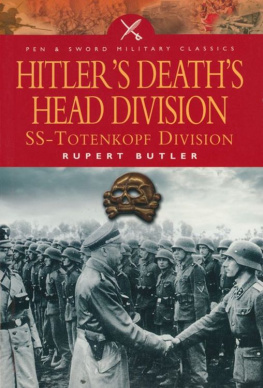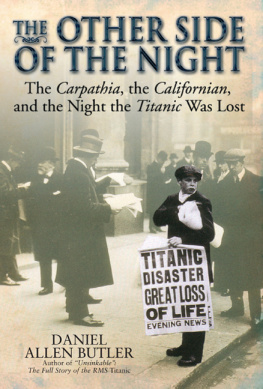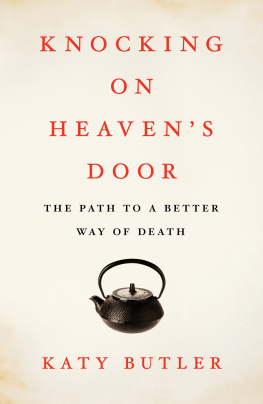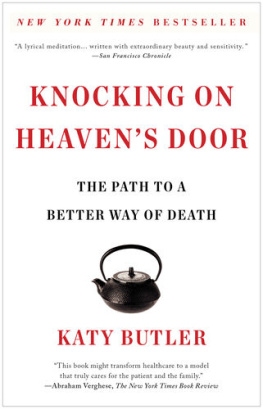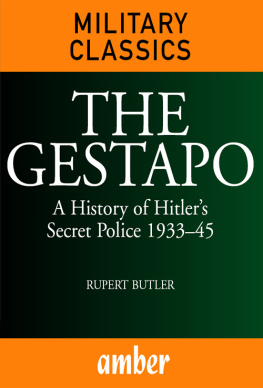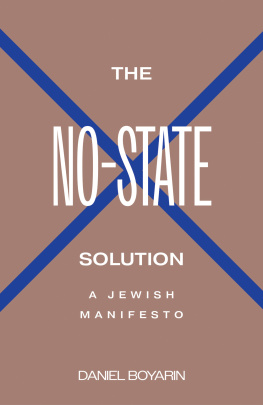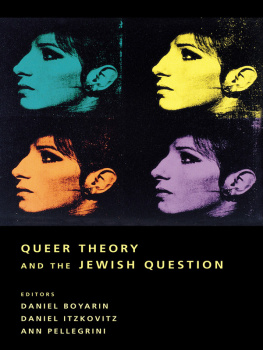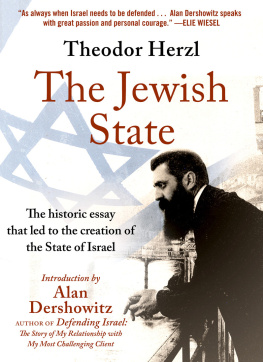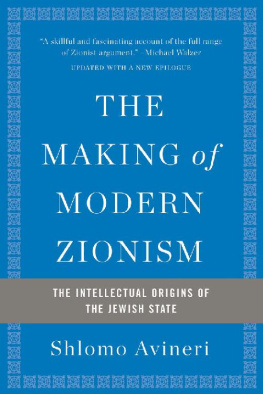PARTING WAYS
PARTING WAYS
Jewishness and the Critique of Zionism
JUDITH BUTLER
Columbia University Press
New York
COLUMBIA UNIVERSITY PRESS
Publishers Since 1893
New York Chichester, West Sussex
cup.columbia.edu
Copyright 2012 Columbia University Press
ALL RIGHTS RESERVED
E-ISBN 978-0-231-51795-9
Library of Congress Cataloging-in-Publication Data
Butler, Judith, 1956-
Parting ways: Jewishness and the critique of Zionism / Judith Butler.
pages cm.
Includes bibliographical references and index.
ISBN 978-0-231-14610-4 (cloth: alk. paper)
ISBN 978-0-231-51795-9 (e-book)
1. Zionism--Philosophy. 2. Jewish ethics. 3. Political violence--Israel. I. Title.
DS149.B98 2012
320.54095694dc23 | 2011046089 |
A Columbia University Press E-book.
CUP would be pleased to hear about your reading experience with this e-book at .
References to Web sites (URLs) were accurate at the time of writing. Neither the author nor Columbia University Press is responsible for Web sites that may have expired or changed since the book was prepared.
Contents
THE COMPLETION OF THIS MANUSCRIPT was facilitated by grants from the American Council of Learned Societies, the Ford Foundation, the Humanities Research Fellowship at the University of California at Berkeley, and the Mellon Foundations Award for Distinguished Scholarship in the Humanities. I benefited enormously from conversations with a number of colleagues, many of whom read or heard versions of chapters over the several years in which this text took form. My views were not always theirs, but their views mattered to me as I wrote, and I tried my best to engage them. They include Jacqueline Rose, Amnon Raz-Krakotzkin, Samera Esmeir, Michel Feher, Etienne Balibar, Idith Zertal, Saba Mahmood, Joan W. Scott, Wendy Brown, Anat Matar, and Amy Hollywood. I thank my students at the European Graduate School and UC Berkeley for engaging the work on Hannah Arendt and Walter Benjamin in seminars. I have also learned from students and faculty at Birkbeck College, Birzeit University, Universit ParisVII, New York University, Dartmouth College, Pomona College, and Columbia University, where I presented portions of this work, and from conversations with Omar Barghouti, Joelle Marelli, Tal Dor, Manal Al Tamimi, Beshara Doumani, Mandy Merck, Lynne Segal, Udi Aloni, Leticia Sabsay, Kim Sang Ong Van Cung, Alexander Chasin, and Frances Bartkowski. I thank Amy Jamgochian, Colleen Pearl, and Damon Young for their indispensable assistance with the manuscript. And I am most grateful to both Susan Pensak and Wendy Lochner from Columbia University Press for seeing this text through to completion, even when I balked.
was first presented as the Edward Said Memorial Lecture at the American University of Cairo in October 2010 and will appear simultaneously in ALIF: Journal of Comparative Poetics 32 (2012).
AE | Levinas, Autrement qutre |
CV | Benjamin, Critique of Violence |
DF | Levinas, Difficult Freedom |
DS | Levi, The Drowned and the Saved |
EJ | Arendt, Eichmann in Jerusalem |
EN | Levinas, Entre Nous (English) |
EN-F | Levinas, Entre nous (French) |
FNE | Said, Freud and the Non-European |
FR | White, Figural Realism in Witness Literature |
IH | Zertal, Israels Holocaust and the Politics of Nationhood |
JW | Arendt, Jewish Writings |
NTR | Levinas, New Talmudic Readings |
OT | Arendt, The Origins of Totalitarianism |
PP | Levinas, Peace and Proximity |
PP-F | Levinas, Paix et proximit |
TF | Benjamin, Theologico-Political Fragment |
TPH | Benjamin, Theses on the Philosophy of History |

PERHAPS IN SOME FORMAL SENSE every book begins by considering its own impossibility, but this books completion has depended on a way of working with that impossibility without a clear resolution. Even so, something of that impossibility has to be sustained within the writing, even if it continually threatens to bring the project to a halt. What started as a book seeking to debunk the claim that any and all criticism of the State of Israel is effectively anti-Semitic has become a meditation on the necessity of tarrying with the impossible. I will try to make this clear in what follows, but let me state the risk of this endeavor clearly from the start. If I succeed in showing that there are Jewish resources for the criticism of state violence, the colonial subjugation of populations, expulsion and dispossession, then I will have managed to show that a Jewish critique of Israeli state violence is at least possible, if not ethically obligatory. If I show, further, that there are Jewish values of cohabitation with the non-Jew that are part of the very ethical substance of diasporic Jewishness, then it will be possible to conclude that commitments to social equality and social justice have been an integral part of Jewish secular, socialist, and religious traditions. Though this should come as no surprise, it has become necessary to reiterate this argument over and against a public discourse that assumes any criticism of the Israeli occupation, of internal inequalities within Israel, of land confiscations, and of violent bombardments of trapped populations such as those we saw in Operation Cast Leadindeed, any objections to the requirements of citizenship in that countryis anti-Semitic or anti-Jewish, not in the service of the Jewish people, or in no way in line with what we might generally call Jewish values. In other words, it would be a painful irony indeed if the Jewish struggle for social justice were itself cast as anti-Jewish.
Lets say I succeed in showing that there are not only bona fide but imperative Jewish traditions that oppose state violence and modes of colonial expulsion and containment. I then succeed in affirming a different Jewishness than the one in whose name the Israeli state claims to speak. And I help to show that there are not only significant differences among Jewssecular, religious, historically constitutedbut also active struggles within that community about the meaning of justice, equality, and the critique of state violence and colonial subjugation. Indeed, if the argument were to stop here, and if proved persuasive, then it would establish that it is surely not anti-Jewish or counter-Jewish to offer a critique of the forms of state violence instituted and maintained by political Zionism (which would include the massive dispossessions of Palestinians in 1948, the appropriation of land in 1967, and the recurrent confiscations of Palestinian lands that continues now with the building of the wall and the expansion of settlements). This alone is important, since Israel claims to represent the Jewish people, and popular opinion tends to assume that Jews support Israel without taking into account Jewish traditions of anti-Zionism and the presence of Jews in coalitions that oppose the Israeli colonial subjugation of Palestinians.

